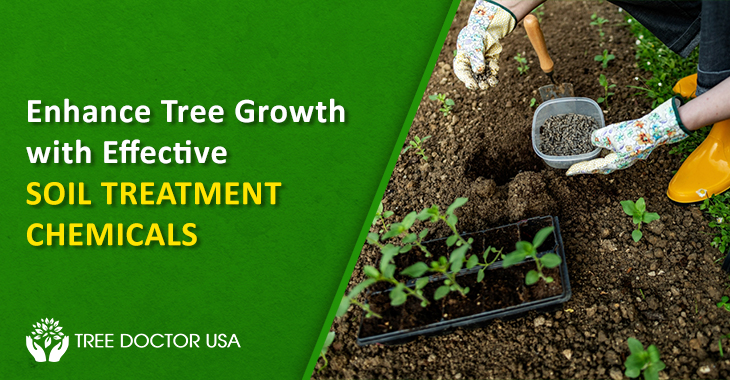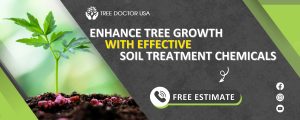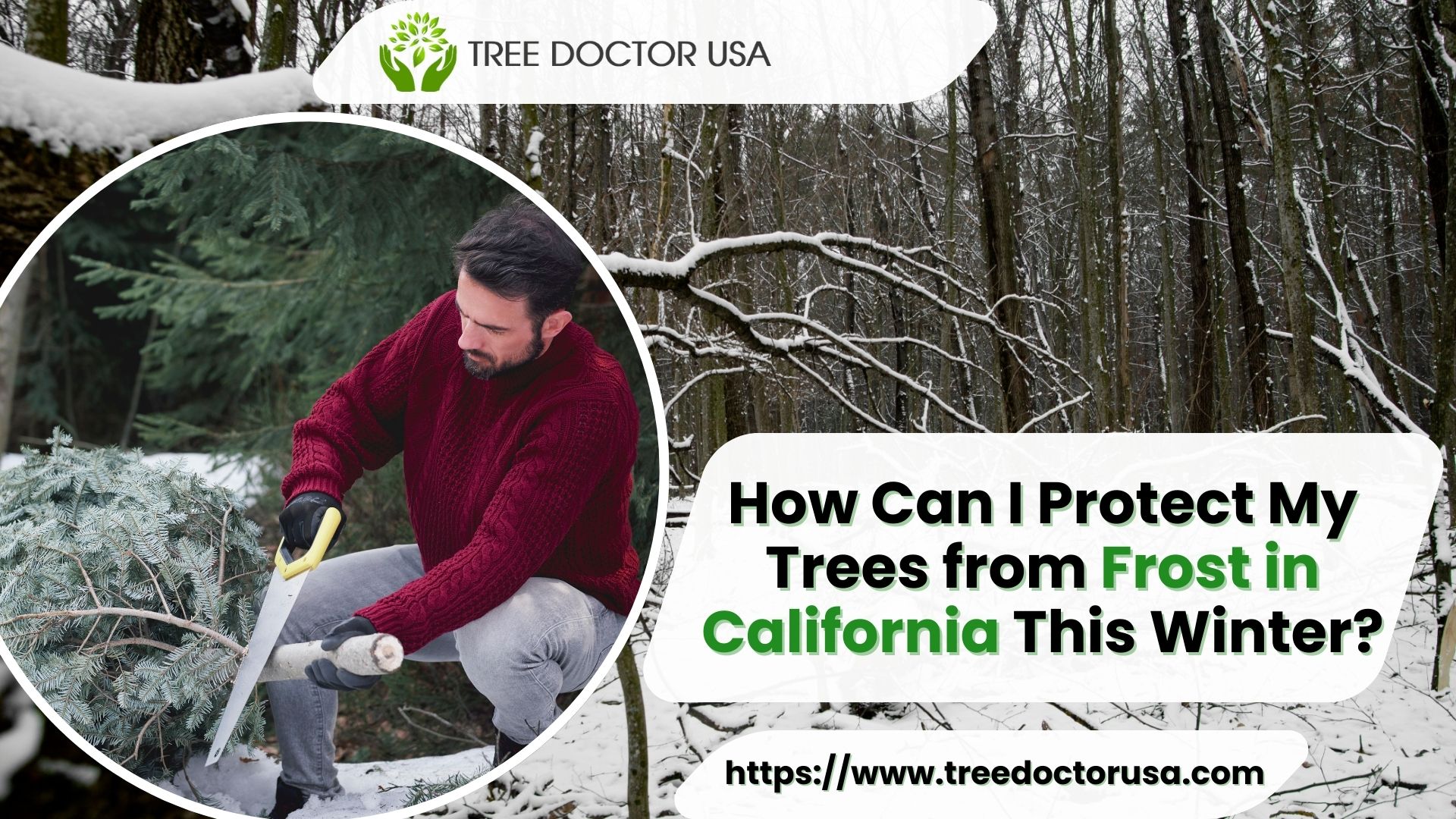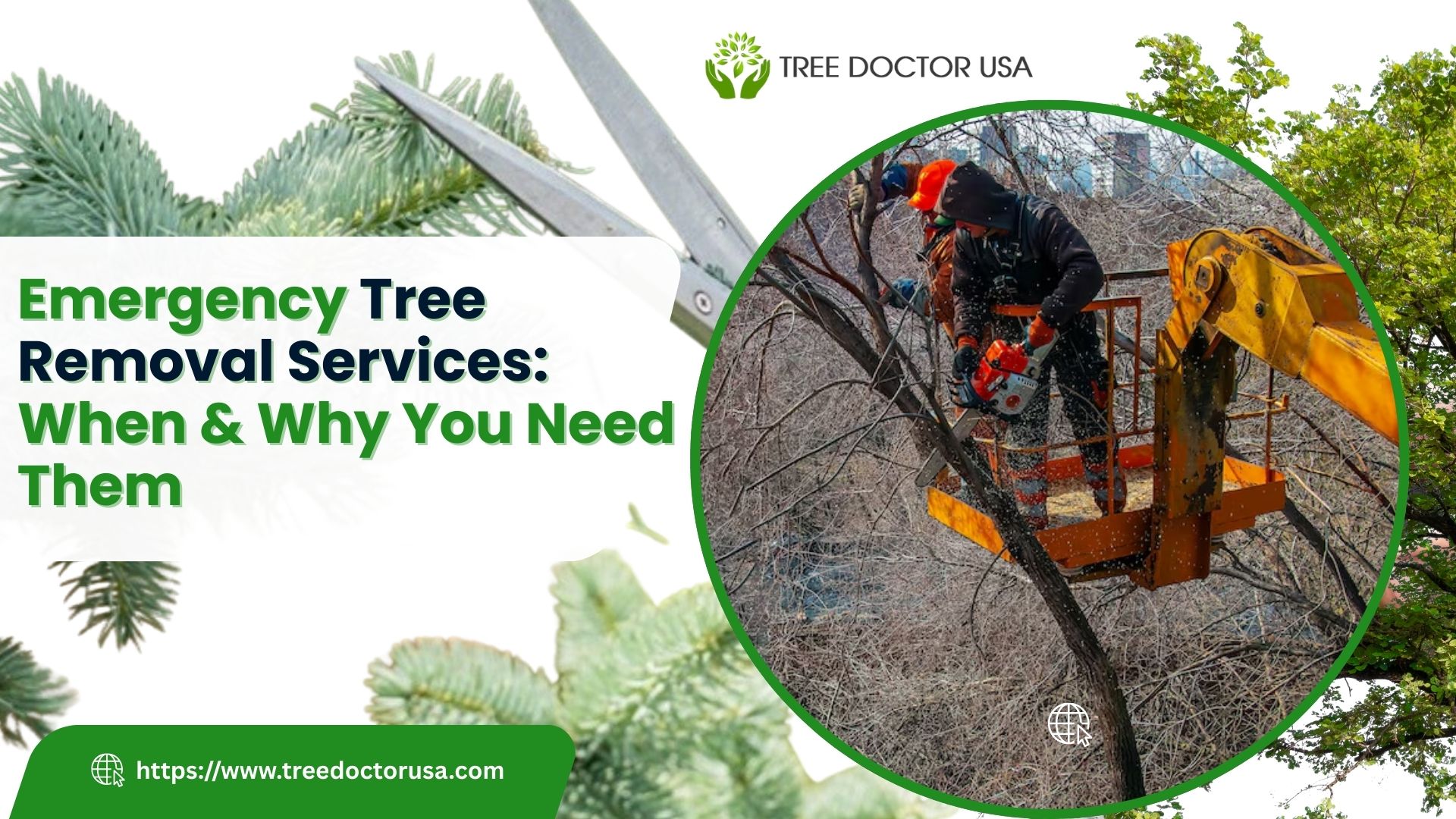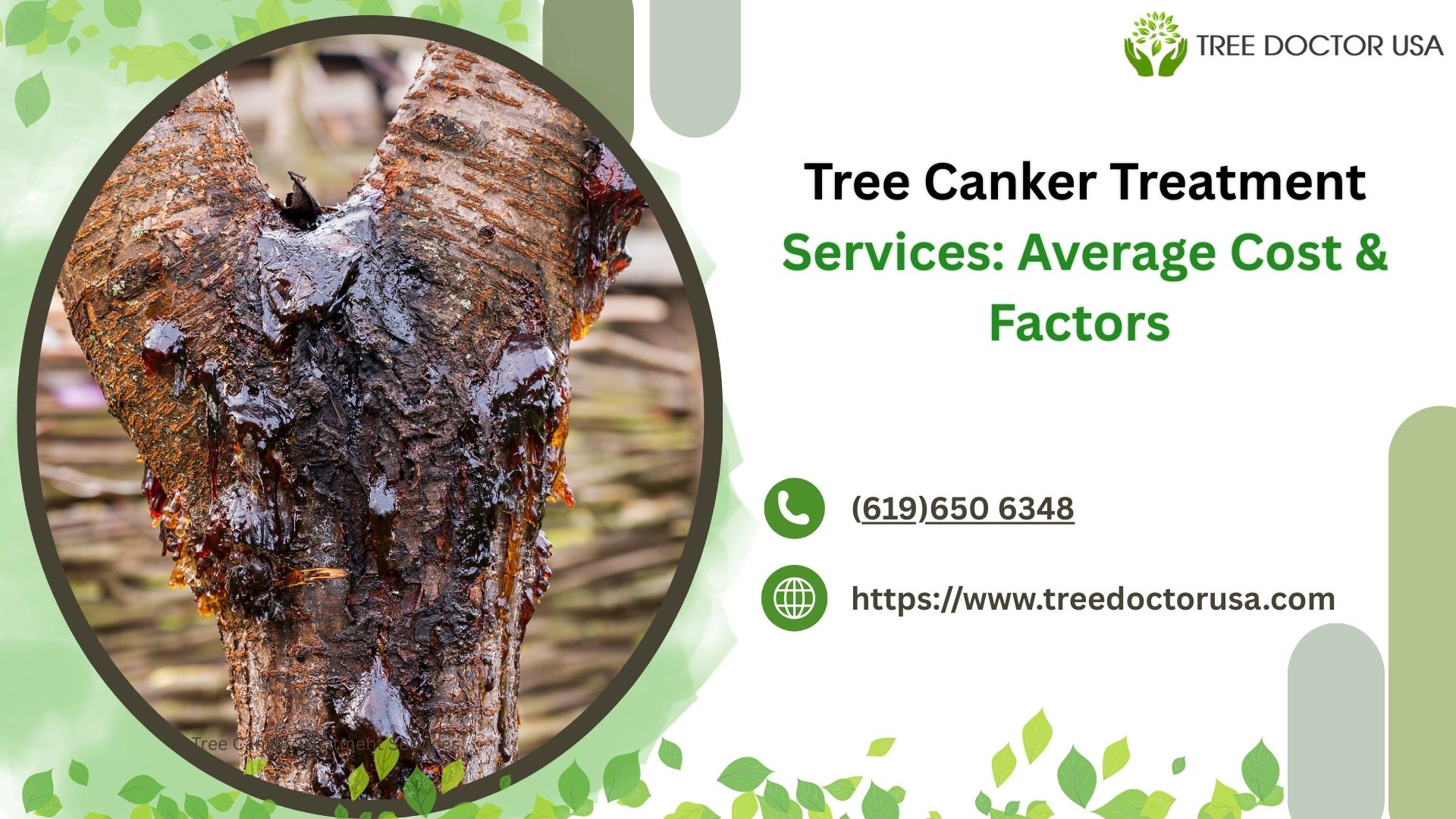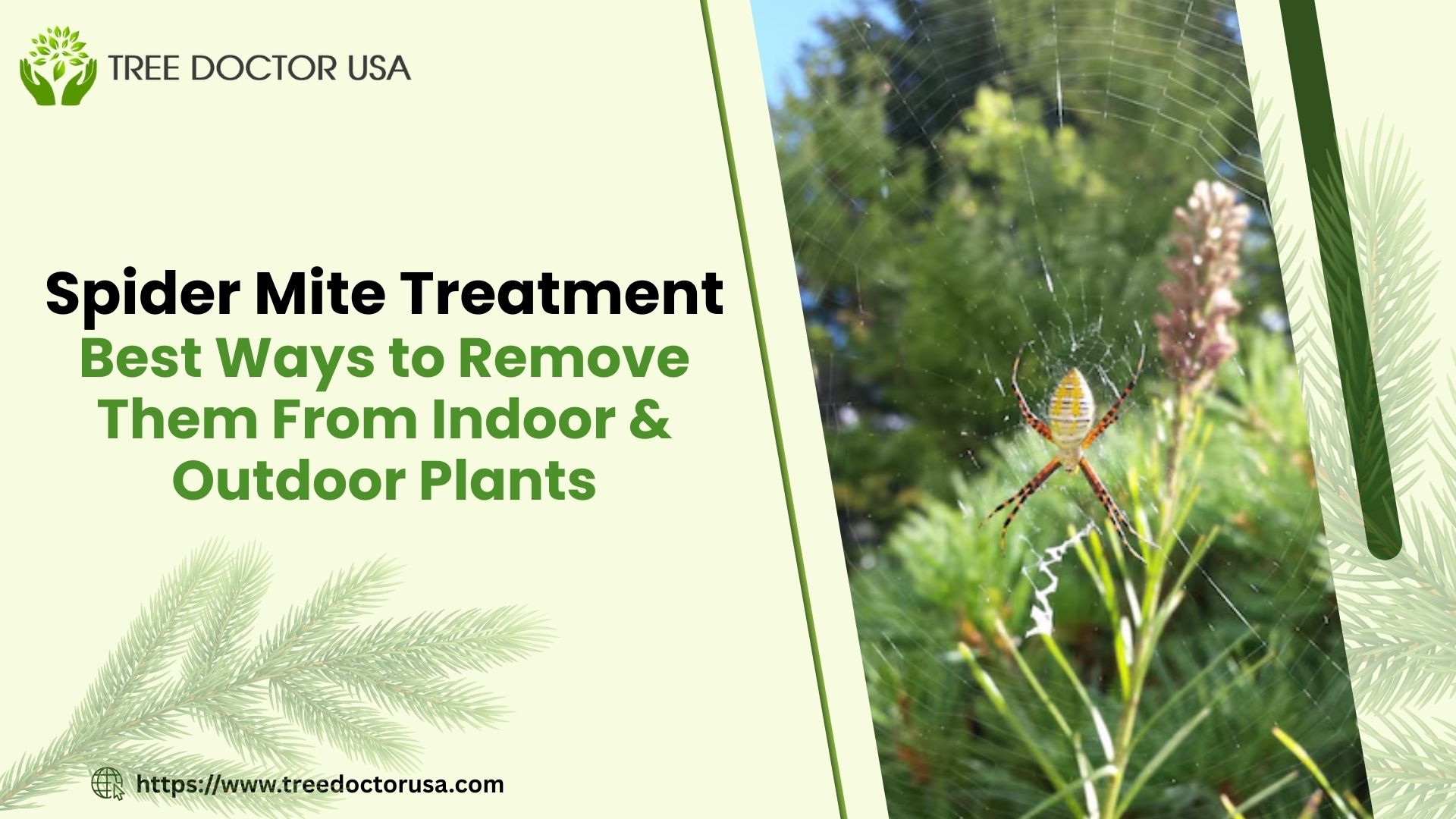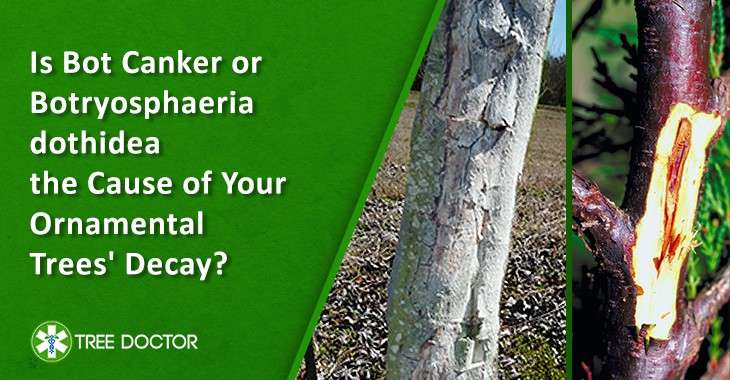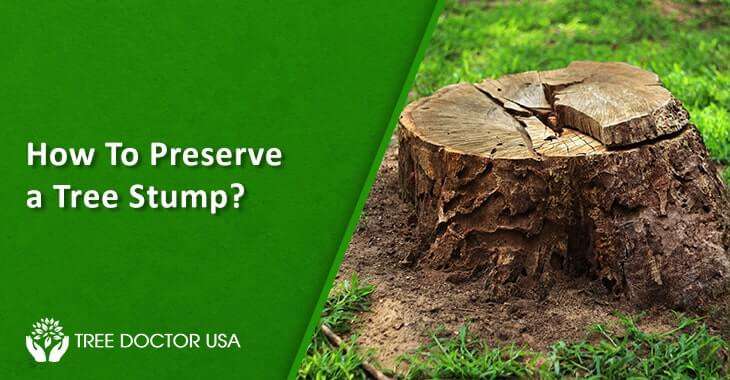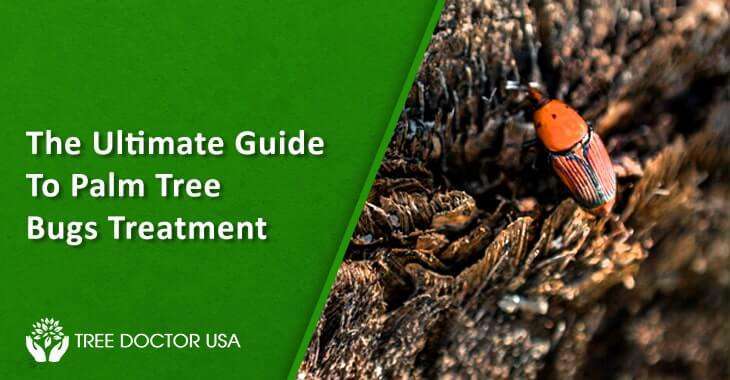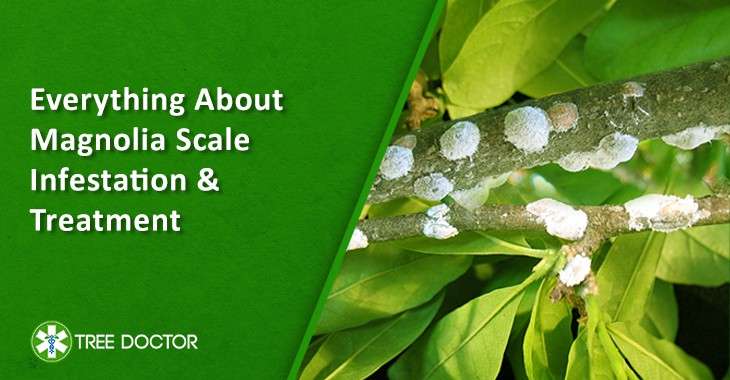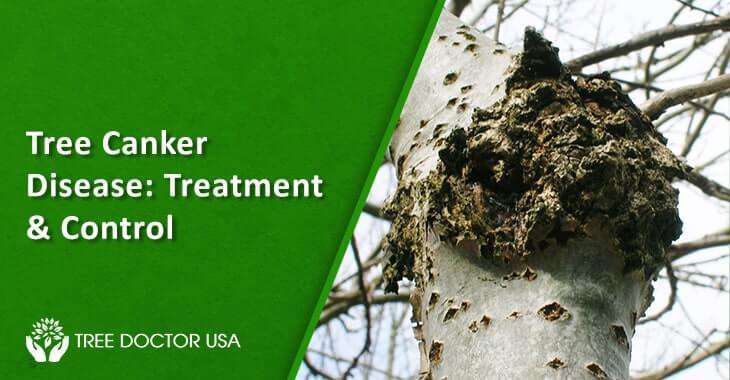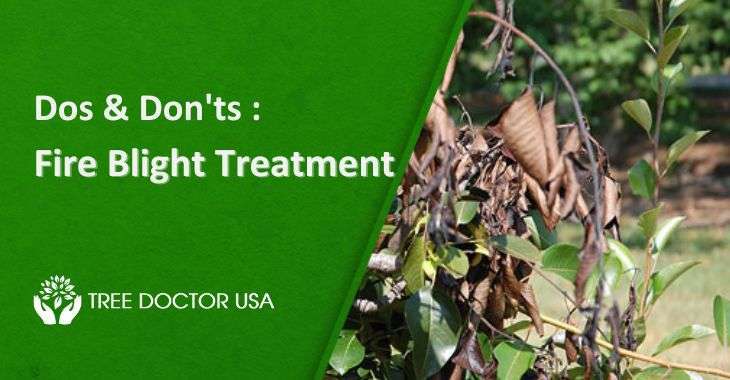Enhance Tree Growth With Effective Soil Treatment Chemicals
The global soil treatment market is on a significant upward trajectory. It is expected to hit USD 34.93 billion by 2029. This booming growth highlights the increasing recognition of the pivotal role soil treatment chemicals play in sustainable agriculture.
Now, more individuals and industries are turning to soil management chemicals to boost productivity. This increased interest in soil treatment makes understanding how these treatments work and their benefits important.
In this blog, we will learn about the different types of soil treatment chemicals. These different types will help you remake your landscapes into thriving ecosystems.
What are Soil Treatment Chemicals?
Soil treatment chemicals are products with special formulations that help to level up soil quality. These chemicals include a good range of fertilizers and soil conditioners. Other major components of soil treatment chemicals are conditioners, pH modifiers, herbicides, and pesticides.
Top 5 Types of Soil Treatment Chemicals
Soil treatment chemicals improve soil structure and porosity by optimizing soil conditions for plant growth. Let’s learn about five major kinds of soil treatment chemicals:
1.Fertilizers
Fertilizers are the main heroes in providing the necessary nutrients that plants require to grow. They are the protagonists in reducing nutrient leaching. They work on filling the nutrient gaps and, in return, bring us porous and nutrient-rich soils.
Types of Fertilizers:
- Organic Fertilizers : These fertilizers basically come from natural sources. They are mainly derived from compost, manure, and bone meal. Organic fertilizers are good at replenishing nutrients and improving soil structure. These fertilizers support the accumulation of soil’s organic matter and level up microbial activity. They also provide a continuous supply that supports plant growth over a longer period.
- Inorganic Fertilizers : Synthetic fertilizers are manufactured chemically. They are smartly designed to deliver immediate nutrients to plants. They are available in various forms, which include granules, powders, and liquids.
Inorganic fertilizers further have the following classifications on the basis of their primary nutrient content:
- Nitrogen Fertilizers are most used for promoting impactful leaf and stem development. These powerful fertilizers build chlorophyll, which is important for photosynthesis.
- Phosphorus Fertilizers : These fertilizers are vital for effective root growth, expansion, and flowering. They also support smooth energy transfer within the plant and are essential for growth and maturation.
- Potassium Fertilizers : Potassium is crucial for the entire plant’s health. These fertilizers support seamless water uptake and enzyme activation. They also support the resistance mechanism towards acute or chronic diseases.
2. pH Modifiers
The pH level of the soil affects plant growth by impacting the soil’s chemical processes. pH modifiers help in setting the pH to the most promising levels to deliver maximum nutrient uptake.
Types of pH Modifiers:
- Lime : This pH modifier works by increasing the pH of acidic soils. It reduces soil acidity, which makes essential nutrients more available to plants. It also supports soil structure and stimulates beneficial microbial populations.
- Sulfur : It helps to decrease the pH of alkaline soils. Soil bacteria convert elemental sulfur into sulfuric acid, which helps lower soil pH. It helps make plants such as blueberries flourish in acidic conditions.
- Gypsum : It primarily works as a soil conditioner. Gypsum helps to improve soil structure and reduce compaction. It can also help modify soil pH over time, which makes it a dual-purpose modifier.
3. Soil Conditioners
Soil conditioners are potent soil treatment chemicals added to soil to improve its physical characteristics. They can improve everything from soil structure to porosity. They also increase water retention capabilities in plants.
Types of Soil Conditioners:
- Organic Matter : Organic soil conditioners include compost, peat, or decomposed organic materials. They level up the soil’s power to carry water and nutrients. They also cultivate a healthy soil microbial life. Healthy microbial setting plays a big part in decomposing organic material into nutrients that plants can absorb.
- Clay Soil Amendments : Products like gypsum or lime majorly support clay soils in modifying their structure. This modified structure helps improve aeration and drainage. Gypsum works by breaking down the heavy clays. It produces more space for air and water to move through the soil, which is vital for root growth.
- Sandy Soil Amendments : Organic matter or clay bolsters effective water uptake and nutrient retention. Perlite and vermiculite are the most popular choices for enriching moisture retention in lighter soils.
- Polymers : Synthetic conditioners such as hydrogels help soils maintain water. They are most practical in arid climates or water-restricted areas.
4. Pesticides
Pesticides are solid soil treatment chemicals and biological agents that support preventing, repelling, or eliminating pests. They help in getting rid of elements that pose a risk to plant health, crop yields, and quality.
Types of Pesticides:
- Insecticides : These are potent chemicals that catch and kill insects that can be dangerous to plant health. Insecticides arrive in various forms. The most popular forms are contact poisons, stomach poisons, and systemic chemicals.
- Fungicides : These help control fungal problems that can result in devastating diseases. Fungicides keep diseases like rust, mildew, and blight away. They work by interfering with the fungus, which results in infections. It further supports growing crops and enhancing overall yield and quality.
- Rodenticides : These support regulating rodent populations that can otherwise cause damage to crops both in the field and in storage.
- Biopesticides : These pesticides come from natural materials. Animals, plants, bacteria, and certain minerals are the main sources of biopesticide production. They come with lower toxicity and specificity to targeted pests. They also reduce the impact on non-target species and the environment.
5. Herbicides
Herbicides are the most effective control against unwanted vegetation or weeds. These soil treatment chemicals interfere with plant growth procedures in ways that are deadly to weeds. They help to strengthen crop health and productivity by reducing weeds. These harmful weeds otherwise participate in the competition for major resources such as light, nutrients, and water.
Types of Herbicides:
- Selective Herbicides : These herbicides are most promising for targeting specific types of weeds. The best part is that they do not affect your desired crops or plants. They are outstanding for integrated weed management programs in large crop fields. For example, 2,4-D supports managing broadleaf weeds in grassy areas.
- Non-selective Herbicides : These herbicides are effective in removing the entire vegetation in a go. They are also known as total weed killers. Paraquat and atrazine are notable examples of non-selective herbicides that kill weeds indiscriminately.
Benefits of Soil Treatment Chemicals
Use soil treatment chemicals in a sustainable and right way to achieve the following benefits:
Enhanced Nutrient Efficiency
Soil chemicals are the best way to combat nutrient deficiency. They boost the soil’s structure with essential macro and micronutrients that are missing in the soil.
Soil management chemicals are like a supplement or capsule that replenishes plants and crops. These chemical treatments reload soil and replenish it with nitrogen, magnesium, phosphorus, potassium, and other missing nutrients.
Improved Soil Structure
Soil conditioners like gypsum and perlite help fix the physical properties of the soil. They improve the soil structure and enhance aeration. They also increase water retention.
Better soil structure helps roots to penetrate more deeply and easily. This further leads to stronger, healthier plants that can better stand against adverse environmental conditions.
pH Balance Optimization
pH modifiers such as lime and sulfur adjust the soil’s pH level. They make soil more suitable for plants to absorb nutrients efficiently. Lime raises the pH of acidic soils. Maintaining the correct pH balance is important for preventing nutrient lock-out. It promises that plants receive the maximum benefit of fertilizers applied to the soil.
Pest and Disease Control
Pesticides and herbicides guard plants from destructive pests and diseases, which can inhibit plant growth and crop yields. These chemicals help manage a wide range of issues. They can manage everything right from insect invasions to fungal infections.
Pesticides and herbicides promise that plants remain healthy and productive. Proper use of these chemicals cuts the chances of significant crop loss and increases overall productivity.
Cost-Effective Farming and Gardening
Soil treatment chemicals improve soil health. They boost nutrient uptake and protect plants from pests and diseases. All these benefits combine and lead to more efficient farming and gardening practices. This efficiency can reduce wasted resources like water and energy. It can increase crop yields and ultimately lead to higher profitability and sustainability in agricultural practices.
The Bottom Line
Soil treatment chemicals bring a powerful solution to various soil deficiencies and barriers that can affect plant growth. These chemicals not only enrich soil health but also boost plant productivity. The smart use of these treatments means stronger and bountiful yields.
Using powerful soil treatment methods can strengthen agricultural endeavors. They ensure that each plant has the best possible environment to thrive. Integrating effective soil treatment practices is going to be the key in the future of sustainable farming.
Reap the potential of your soil with Tree Doctor USA’s expert soil treatment chemicals. Experience stronger, healthier plant growth and step towards a sustainable future with our proven solutions.

